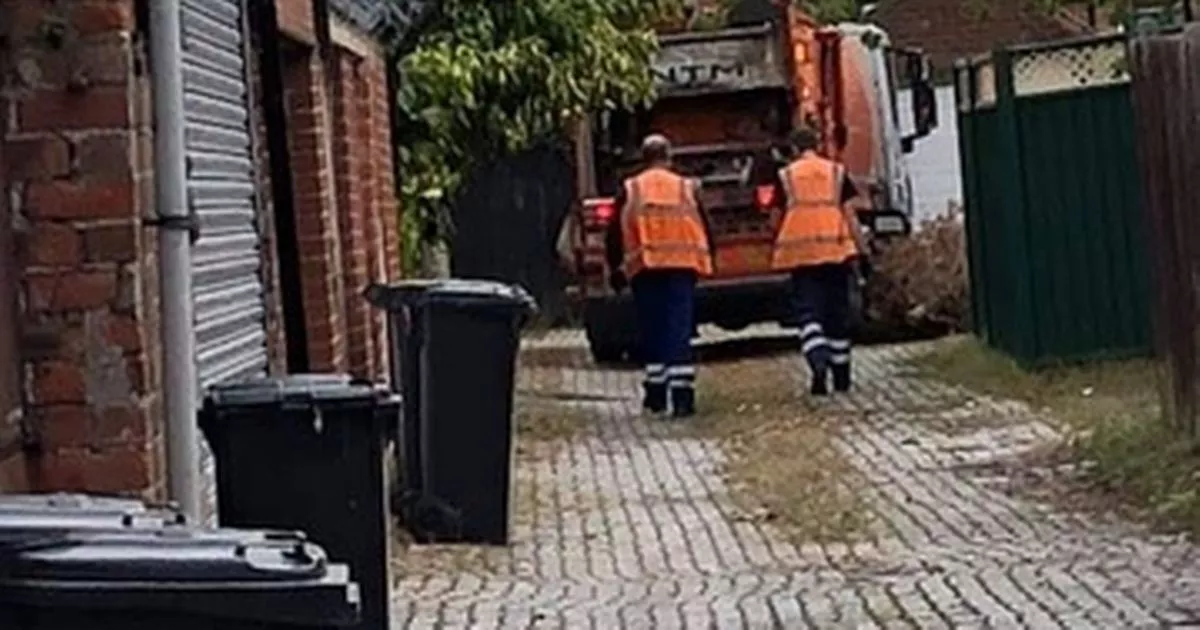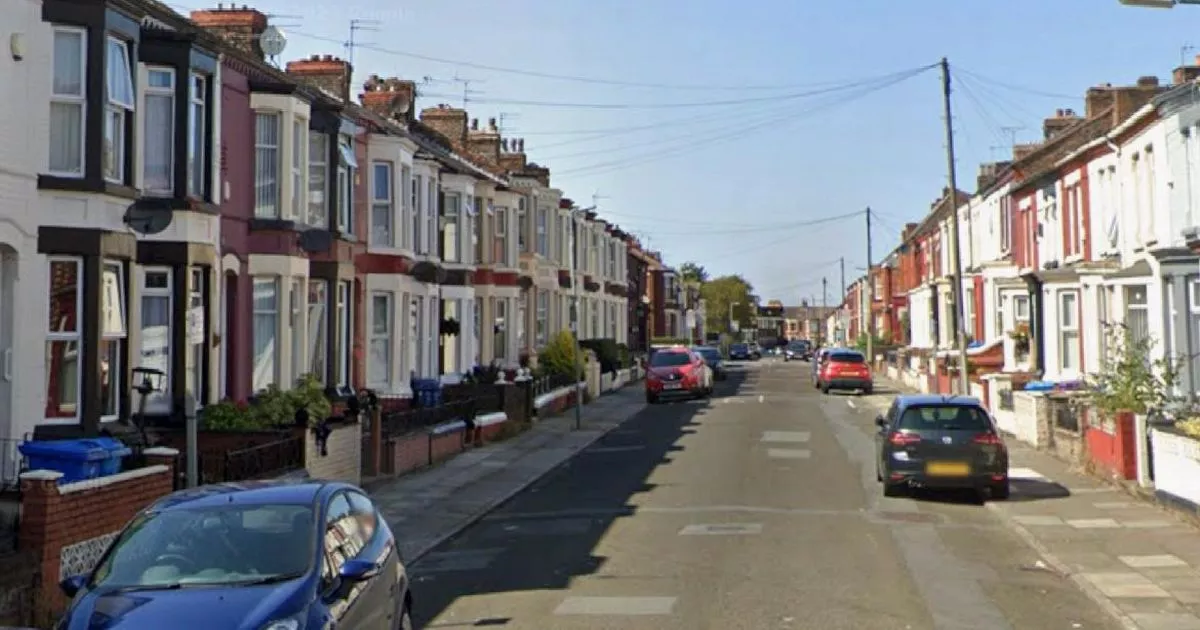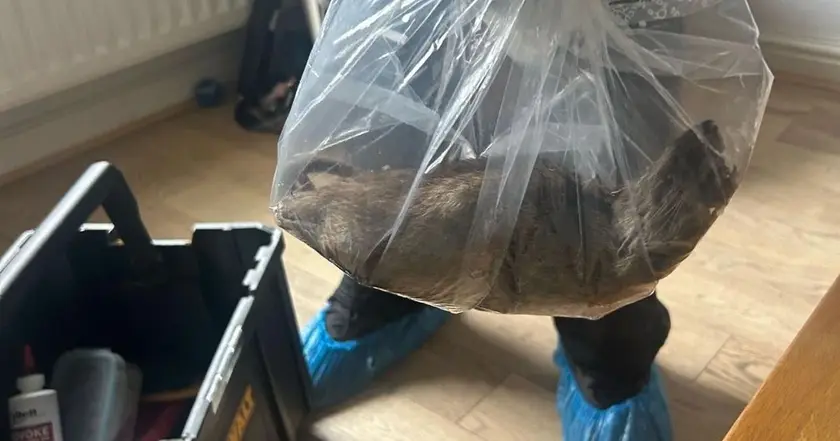T4K3.news
Merseyside rolls out a fourth bin for food waste
Merseyside councils begin testing two-caddy food waste collection ahead of England-wide rollout

Merseyside towns prepare for England's food waste rollout with new caddies and more bins, testing a nationwide shift.
Merseyside rolls out a fourth bin for food waste under national plan
Merseyside councils will enforce food waste collection from April 2026 as part of a national rule. Most households will receive two small caddies to store food waste inside and outside the home for weekly pickup. Wirral Council has ordered 15 new bin lorries after approving a contract variation, signaling rising investment in the program. Liverpool plans a September pilot covering about 15,000 homes to test communications, caddie and liner delivery, and the supply chain ahead of a wider rollout.
The article also shares personal context from other parts of the UK to illustrate how households adapt, noting questions about missed collections, pests, and the purpose of the change. Government data show millions of tonnes of waste and greenhouse gas emissions from landfill, while councils explore anaerobic digestion to turn waste into energy and fertiliser. The piece acknowledges that high density areas may face unique challenges, such as theft or litter, but frames the shift as a positive step toward reducing waste and emissions.
Key Takeaways
"Food waste is a resource, not a nuisance."
Policy framing and public messaging.
"Small bins could mean big changes in daily routines."
Household adaptation and behavior change.
"If the tests run smoothly, this could cut landfill dramatically."
Assessment of potential impact.
"Public buy in is the real test of this change."
Public reception and acceptance.
The policy marks a shift from tossing leftovers into a black bin to treating food waste as a resource. Local pilots, especially in Liverpool, are meant to test messaging, caddie delivery, and liner supply, before a nationwide rollout. The real test will be public acceptance and the reliability of weekly pickups in varied neighborhoods. The plan also hinges on capacity at processing facilities to avoid bottlenecks and on budgetary clarity for households facing new costs.
If the system works, the environmental gains could be meaningful, with less landfill methane and more energy from digestion plants. Yet budget pressures and public resistance could slow momentum. Cities must pair logistics with strong communication, pest control, and prompt replacement services to maintain trust as routines change.
Highlights
- Food waste is a resource, not a nuisance.
- Small bins could mean big changes in daily routines.
- A cleaner future starts with how we handle leftovers.
- Public buy in is the real test of this change.
Budget and public reaction risk to food waste rollout
The plan could affect household budgets through collection costs and may provoke opposition from residents who see extra bins as a burden.
The rollout will reshape how people in town and countryside think about waste.
Enjoyed this? Let your friends know!
Related News

No extra charge for residents' new waste collection service

Bootle residents divided over bin collection change

Who Gives a Crap expands into Tesco stores

Greasy pizza boxes damage recycling efforts in Wigan

July Fourth weekend activities planned in Boston

Giant rat discovered in North Yorkshire home

NHS reforms stall over £1bn redundancy costs

Sarah Ramos talks about Jess in The Bear
